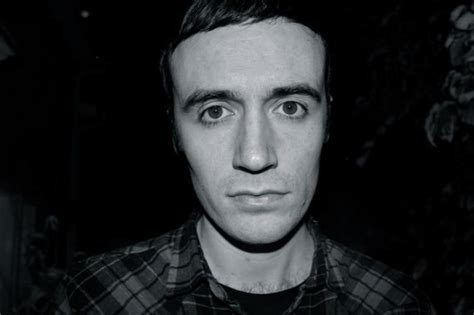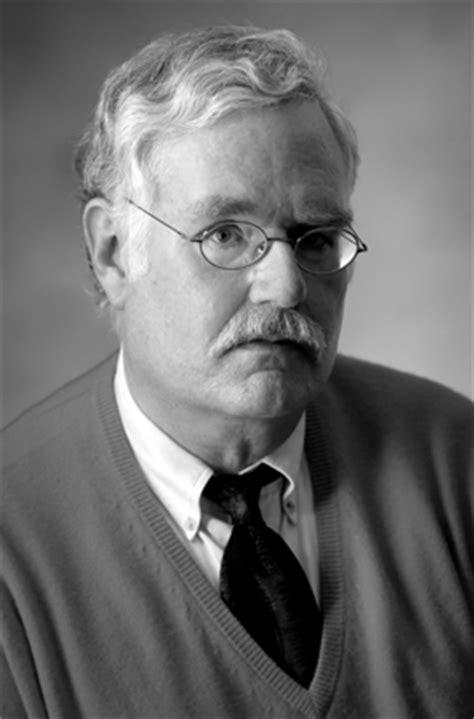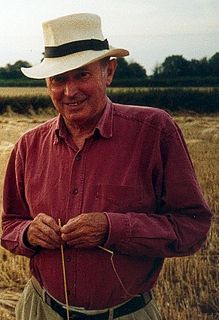A Quote by Daniel O'Sullivan
The superabundance is an ecological myth that we will never run out of resources, that the Earth, that Gaia, is in this perpetual state of renewal. And the "contagious magic" is the blind belief that this is the case, and the reason we're careering towards ecological disaster.
Related Quotes
No, Simi. No food. (Astrid) ‘No, Simi. No food.’ You sound like akri. ‘Don’t eat that, Simi, you’ll cause an ecological disaster.’ What is an ecological disaster, that’s what I want to know? Akri says it’s me on hunger binge, but I don’t think that’s quite right, but that’s all he’ll say about it. (Simi)
The ecological crisis we face is so obvious that it becomes easy...to join the dots and see that everything is interconnected. This is the ecological thought. And the more we consider it, the more our world opens up." The ecological thought "...is a vast, sprawling mesh of interconnection without a definite center or edge. It is radical intimacy, coexistence with other beings, sentient and otherwise.
. . . the upsurge of Spirit is the only plausible way to stop the ecological destruction of our planet. Even people who have no interest in a communal solution to the distortions in our lives will have to face up [to] this ecological reality. Unless we transform our relationship with nature, we will destroy the preconditions for human life on this planet.
The new paradigm may be called a holistic world view, seeing the world as an integrated whole rather than a dissociated collection of parts. It may also be called an ecological view, if the term "ecological" is used in a much broader and deeper sense than usual. Deep ecological awareness recognizes the fundamental interdependence of all phenomena and the fact that, as individuals and societies we are all embedded in (and ultimately dependent on) the cyclical process of nature.
If the human species, or indeed any part of the biosphere, is to continue to survive, it must eventually leave the Earth and colonize space. For the simple fact of the matter is, the planet Earth is doomed... Let us follow many environmentalists and regard the Earth as Gaia, the mother of all life (which indeed she is). Gaia, like all mothers, is not immortal. She is going to die. But her line of descent might be immortal. . . . Gaia's children might never die out-provided they move into space. The Earth should be regarded as the womb of life-but one cannot remain in the womb forever.
The system of technological production that we have today has been justified in terms of creating more goods to feed more people and to meet more needs. But it actually destroys more of the resources that we need in order to meet those multiple needs. If we shift to an ecological perception, a diversity perception, we realize that some of the instruments of which we are very proud are actually extremely primitive for dealing with nature. To me that is the great lesson of ecological awareness at the turn of the millennium.
The uniting of Orthodoxy with state absolutism came about on the soil of a non-belief in the Divineness of the earth, in the earthly future of mankind; Orthodoxy gave away the earth into the hands of the state because of its own non-belief in man and mankind, because of its nihilistic attitude towards the world. Orthodoxy does not believe in the religious ordering of human life upon the earth, and it compensates for its own hopeless pessimism by a call for the forceful ordering of it by state authority.
Throughout the world today there is a gowing awareness of the failings of the Western model of development and a corresponding desire to look for more human-scale, ecological ways of living. If Ladakh now succeeds in creating for itself a future which retains the foundations of its traditional past, it will be an inspiring example of how all the various elements of an ecological future fit together.































